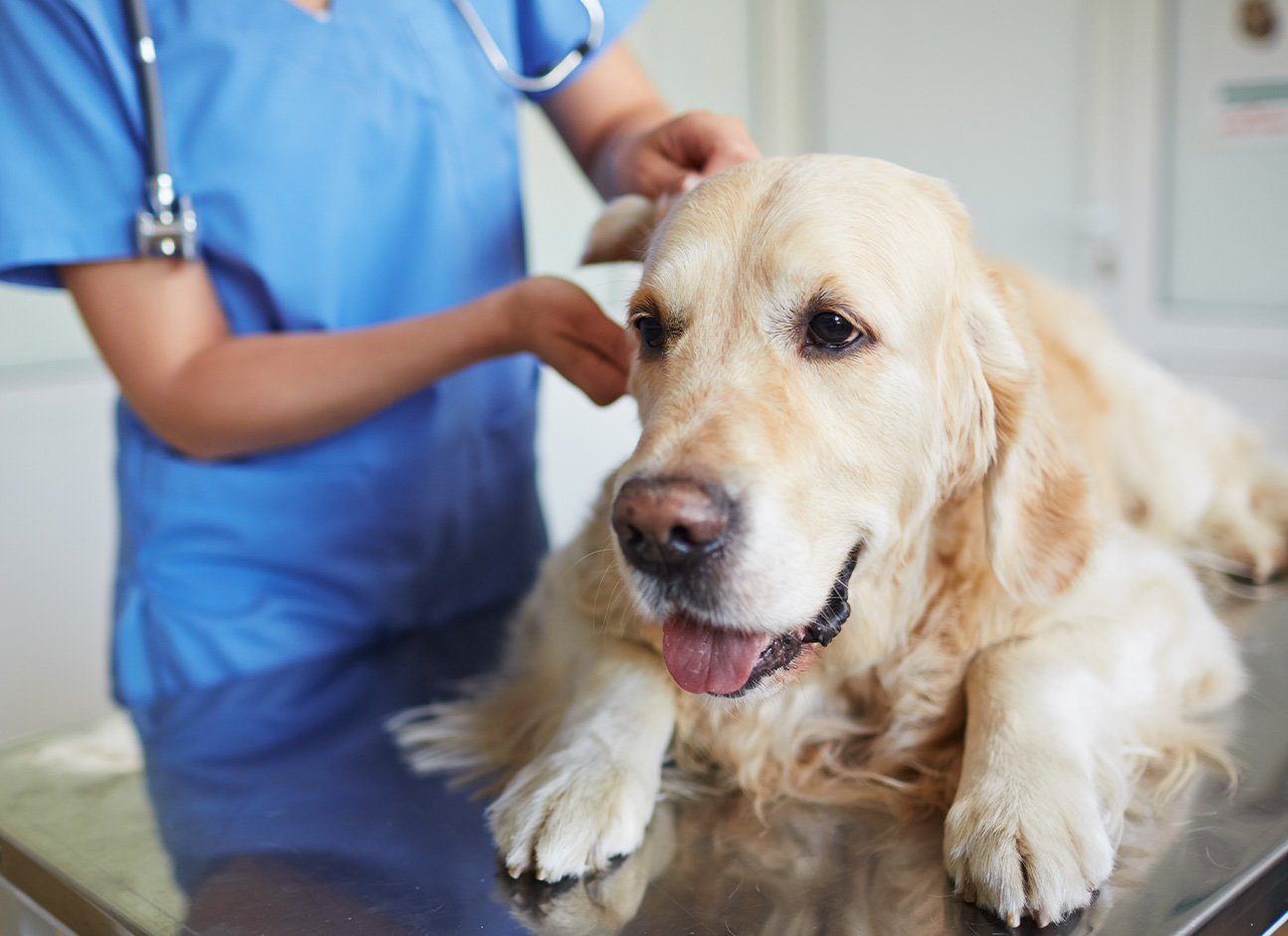Arthritis in pets is essentially the inflammation of joints. It is caused by infections like Lyme Disease or by other tick-bearing organisms. However, arthritis in dogs, known as osteoarthritis, is commonly caused by cranial cruciate ligament injury or hip dysplasia (developmental abnormality). While osteoarthritis is a common possibility among dogs, specialists have very recently seen it among older cats as well.
Pet owners are usually the first ones to notice stiffness, irritable and / or lethargic behavior in their pets. Fewer and shorter walks to the park, no more excited barks or meows when you come home, or developing a limp in the case of cats, are often the first signs. A physical examination by a veterinarian can better point you in the direction of an accurate diagnosis. It may reveal swelling, pain, and crunching when the joints are moved. Obtaining an x-ray is the best way to confirm osteoarthritis.
In the case of a confirmed diagnosis, heeding the advice of your veterinarian is the best course of action. Osteoarthritis can be effectively managed through exercise, diet and analgesic medicines. Making your pet exercise will not only facilitate weight loss (which can be quite beneficial if they are overweight), but will also strengthen the muscles weakened by the inactivity due to arthritic pain. Pet foods that contain glucosamine and chondroitin sulfate help to enhance joint function and reduce inflammation in affected joints. Modern medicine has paved the way for non-steroidal anti-inflammatory drugs (NSAIDs) as prescription analgesic medications for your pet. Be sure to never give your pet human arthritis drugs as it can prove to be dangerous.
In the case of severe osteoarthritis, surgery is a good option. Correcting damaged ligaments can potentially boost joint function, stall the advancement of arthritis and mitigate pain. In recent times, stem cell therapy has emerged to be a possible solution to combat osteoarthritis in dogs. Stem cells are extracted from your pet’s fat and then injected into an inflamed, arthritic joint. In this environment, the collected stem cells turn into new cartilage cells that can help reverse the effect of osteoarthritis.
Gift your pet the freedom of movement they deserve. Explore our Soft Tissue & Orthopedics solutions today.
